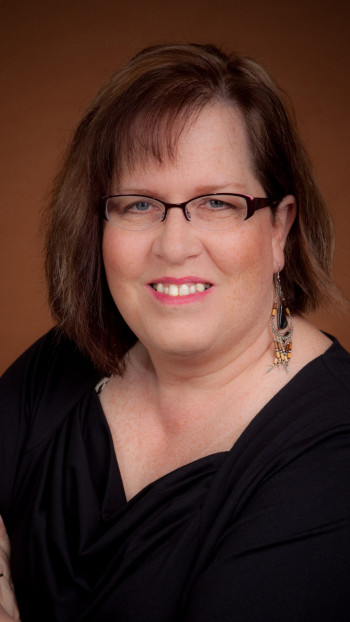Lewis & Clark Offers First-of-Its-Kind Gender Diversity Certificate

“The existence of gender-expansive identity in children and teens is not something new, nor is it the result of ‘social contagion,’” explains Jenn Burleton, TransActive program director and codirector of the Gender Diversity Certificate Program. “It is a natural variation in human development that all aspects of society and culture have most often either ignored or disapproved of.”
The Gender Diversity Certificate Program aims to address this historical marginalization by providing educators and other professionals working in youth-serving roles with the knowledge to understand both the scope of gender diversity and the intersectional challenges faced, as well as the need to be both an ally and advocate for the elimination of arbitrary and destructive gender role stereotypes.
“With all the stress and trauma our students have faced recently, it is time for those of us who work with youth to step up and participate in affirming their lives and who they are so that they may thrive,” says Cari Zall, assistant professor of teacher education and codirector of the Gender Diversity Certificate Program. “This program will provide a foundation of history, ethics, economics, and social and cultural issues surrounding trans, nonbinary, agender, and gender-nonconforming youth. It will give each participant an opportunity to learn how they can best advocate for and affirm the students they work with, no matter who those students are.”
Participants will gain an increased awareness and understanding of how natural human gender diversity impacts their lives and the lives of those around them. As a result, they will become better prepared to actively engage with the challenges they face in classrooms, school boards, and communities regarding curriculum review/development, policies and practice, and social justice advocacy related to gender diversity.
Burleton concludes by emphasizing the importance and urgency of this work.
“These are our kids. Over the past 25 years, we’ve learned that when they are affirmed by their families, schools, communities, and health care providers, they can thrive and share their gifts with the world. It’s time we offered an academic focus to provide those working with trans, nonbinary, agender, and gender-nonconforming youth the tools they need to best serve the needs of these kids and their families. I believe the TransActive Gender Project Certificate Program at the graduate school will do just that.”
Applications are currently being accepted for fall 2022. Those working in youth-serving professions, such as school teachers, administrators, counselors, board members, PK-12 support service providers, nonprofit employees, attorneys, early childhood providers, and state and county professionals, are encouraged to apply. In order to make the certificate program widely accessible, a bachelor’s degree is not required.
More information, including course descriptions and how to apply, is available on the Gender Diversity Certificate Program’s webpage.
- Jenn Burletongives a brief overview of the TransActive Gender Project.

More Newsroom Stories
Public Relations is located in McAfee on the Undergraduate Campus.
MSC: 19
email public@lclark.edu
voice 503-768-7970
Public Relations
Lewis & Clark
615 S. Palatine Hill Road MSC 19
Portland OR 97219


